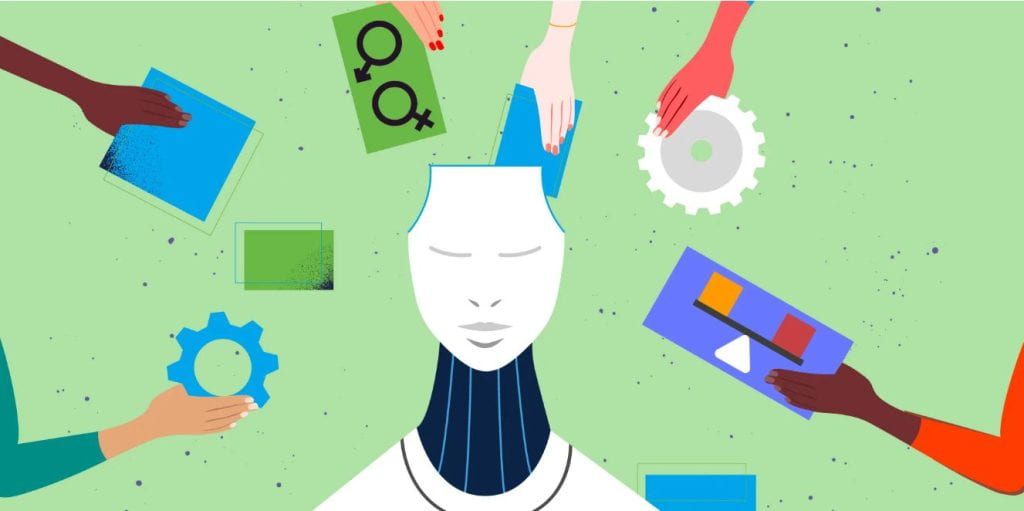
In an increasingly digital world, understanding the algorithms that shape our experiences is essential. This year, the library is running a series of workshops for students in grades 7 and 8, focusing on algorithmic literacy. The aim is to equip our students with the knowledge and skills to navigate the complexities of artificial intelligence (AI) and its impact on society.
First Workshop Overview
Our first workshop covered two critical subjects: AI Training Data and AI Bias.
Workshop 1:
AI Training Data
The first workshop explored the concept of AI training data. Students learned what training data is, why it’s important, and how it influences AI models. We explored real-world examples, such as how data is used to develop applications from voice recognition to recommendation systems.
Key Activities:
- Data Exploration: Students analyzed different datasets, discussing the types of data used in AI training (inputs) and the sources from which it is collected. These then create the AI outputs which is the desired result of the AI.
- Create Your Own Dataset: In groups, students brainstormed ideas for a fictional app and determine what kind of data it would need. This exercise highlighted the importance of quality data in developing effective AI systems.
AI Bias
The second part of this workshop tackled the critical issue of AI bias. We discussed how bias can inadvertently be introduced into AI systems and the consequences it can have on decision-making.
Key Activities:
- Case Studies: Students reviewed a case study of biased AI and engaged in discussions about the ethical implications of these biases.
- Bias Mitigation Strategies: Working in small groups, students brainstormed potential solutions to reduce bias in AI systems. This activity encouraged them to think critically about the responsibilities of developers and users alike.
Why Algorithmic Literacy Matters
As technology becomes more integrated into our lives, understanding the underlying algorithms is crucial. Algorithmic literacy empowers students to question and analyze the technology they use daily. It fosters critical thinking and prepares them for a future where they can engage responsibly with AI and contribute to a more equitable digital landscape.
Let’s build a community of informed, engaged, and responsible digital citizens!